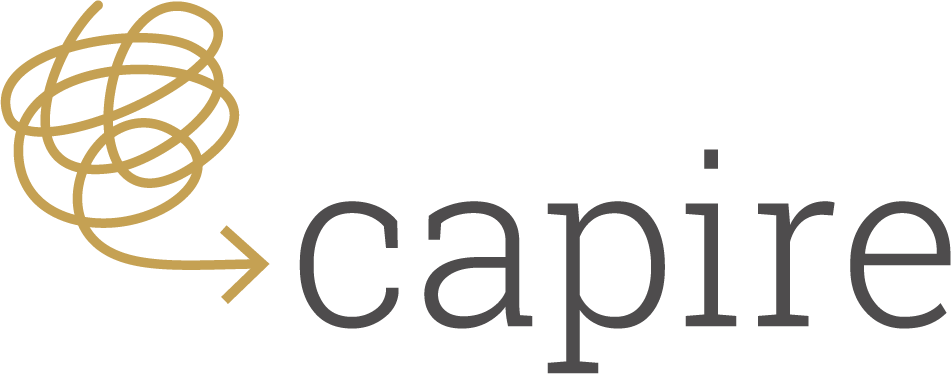How to write for the New Zealand Government
Most large organisations have a style guide, which sets out the style choices that staff must follow when they write for that organisation. When everyone follows the style guide, the organisation’s writing looks and sounds consistent and professional.
If your job involves writing for the New Zealand Government, this article will help you understand how the Goverment expects you to write.
What is the New Zealand Government’s writing style?
The New Zealand Government website www.digital.govt.nz includes advice on writing style. It says that staff should: “Write using language that makes information easy for users to find and understand.” To achieve this, staff should focus on:
- making writing easy to understand (readable)
- using plain language
- using tone and voice that are appropriate for the Government.[1]
What is readable content?
When content is “readable”, it means it is easy to understand and use. Readability depends on how you present content (such as your choice of font, colours and spacing) as well as the content itself (such as the words, sentences, paragraphs and headings you use).
You can use a readability tool to check how readable your writing is. These tools look at your grammar, the length of your sentences and the words you use. The New Zealand Government recommends three readability tools. It suggests that you aim your writing towards people with a reading age of 12 years.[2]
What is plain language?
Plain language is language that:
- uses commonly understood words and phrases
- is clear and concise
- avoids unnecessary technical jargon
- is appropriate to the audience’s age, developmental level, language ability and familiarity with the topic
- is free of clichés.
You can find a lot of information about plain language on the Internet. For reliable advice and tips, we suggest reading Capire’s article on plain English, Content Design London’s readability guidelines or any of the Plain Language Commission’s free guides and articles.
The Plain Language Act 2022
This Act, which came into force on 21 April 2023, means that all public-service agencies and crown agents must use plain language when they create new content for the general public, or revise existing content. Agencies must also comply with other parts of the Act, such as training staff to use plain language and incorporating plain language into their processes.
The Public Service Commission has developed some useful guidance on how to apply the Plain Language Act 2022.
What is appropriate tone and voice?
Tone means your attitude towards the subject you’re writing about, or towards your readers. You can convey tone through your choice of words and your viewpoint on the subjects you’re writing about.
The New Zealand Government wants the tone of its writing to be:
- straightforward
- human
- authoritative.[3]
Voice means your personal voice. If something’s been written in your voice, people who know you will be able to tell it’s your writing. When you are writing on the Government’s behalf, it’s important to convey its preferred voice, which uses:
- plain, familiar language
- active voice, where possible
- “you” and “your” when talking to the reader
- respectful, gender-neutral language.[4]
To find out more about tone and voice, read our article or visit www.digital.govt.nz for examples.
[1] digital.govt.nz. (n.d.). Writing style. www.digital.govt.nz/standards-and-guidance/design-and-ux/content-design-guidance/writing-style
[2] digital.govt.nz. (10 February 2022). Readability testing tools. www.digital.govt.nz/standards-and-guidance/design-and-ux/content-design-guidance/content-design-tools-and-resources/readability-testing-tools
[3] digital.govt.nz. (2 July 2020). Tone and voice. https://www.digital.govt.nz/standards-and-guidance/design-and-ux/content-design-guidance/writing-style/tone-and-voice/
[4] Ibid.
Capire is a leading New Zealand writing consultancy for governments, NGOs and international development agencies. We help organisations transform their complexity into plain English. Find out more about how we can help your organisation or sign up for our newsletter to get more tips to improve your writing.























